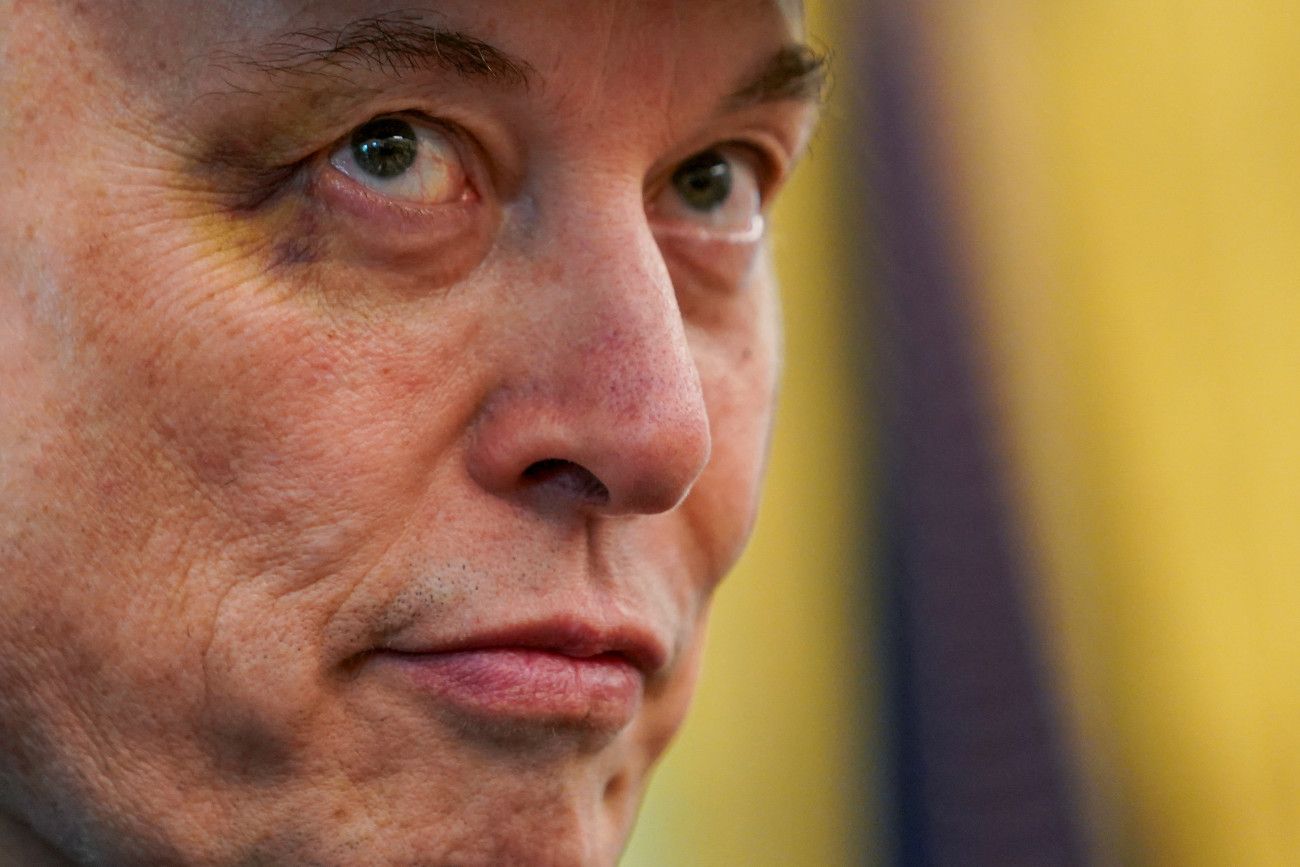Glasses, hearing aids, menstrual pants … Mutuals want to save money on reimbursements – Liberation

French mutuality wants to save money. This federation, which brings together complementary health with mutual status, has the idea of restricting the reimbursement of hearing goggles and prostheses. « We are in a pseudo-gratuity where people no longer realize how much it costs » and swell Health spending,, According to its president Eric Chenut, who spoke this Friday, April 11 in an interview with Echos. « It is only by acting on the dynamics of health expenditure (…) that we will manage to make our system sustainable. »
Concretely: rather than allowing the French to be reimbursed for new glasses every two years, the mutuality « Suggests to spend this period to three years », Details Eric Chenut with daily life. As for hearing aids, « It would not be possible to change it by being reimbursed entirely only every five years rather than every four years ».
Mutuality also wants the guarantees of « Responsible and solidarity contract » – the standard contract supported tax by the State and acclaimed by complementary health and insured – be concentrated on « The base of essential care ». « Enough to limit the charges of complementary people who, for example, would reimburse only 30 euros for glasses frames, against 100 currently, and would no longer be obliged, among other things to reimburse the menstrual pants », According to the daily. The flattening of this contract could also affect dental care and the installation of hearing aids, with contributions which could thus, according to the mutuality, cost « 20.25 % » Cheaper than currently.
According to Echoes, Private insurers, which represent around a third of the complementary health market, are generally on the same wavelength as mutuality. The two federations must thus make proposals common to the executive « In the coming days », Indicates everyday life.
Health spending in France increases faster than the wealth produced. This expenditure (DCSI, current expenditure of health in the international sense) increased by 20 % between 2019 and 2023, now weighing 11.5 % of GDP, against 11.2 % in 2019, according to the latest DREES figures (Statistical Directorate of Social Ministries).







